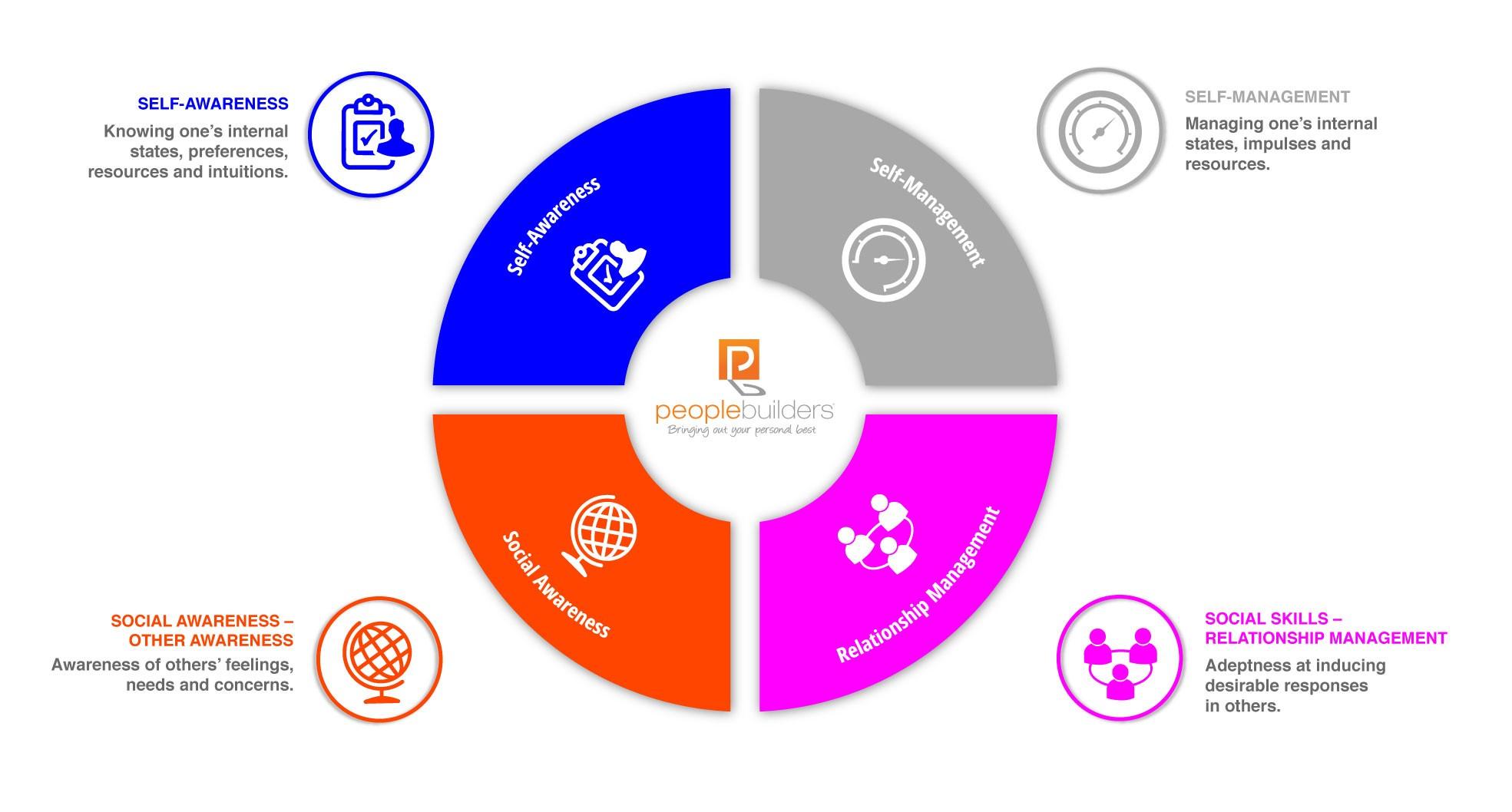Leading Your Best with Emotional Intelligence

Human beings are emotional creatures. More often than not, we act accordingly to how we are feeling in a given moment. Now that can be considered one of our biggest strengths. Being in touch with our emotions helps us become more empathetic. However, it can also be one of our biggest roadblocks. We sometimes get so caught up in our feelings that we lose track of what it is that we were supposed to be doing.
Yes, being emotional is in our nature; but it is also requires a unique discipline. And much like other disciplines, it is best to approach it with a degree of intelligence.
As leaders, it is vital for you to encourage and practice Emotional Intelligence in your organisation. Without it, your leadership skills will only get you and your team so far. But by being aware of and navigating your emotions in a healthy way, it will be the difference between you being a good leader and a great one.
The Competencies of Social and Emotional Intelligence
Social and Emotional Intelligence is the ability to be aware of your own emotions and what might be going on emotionally with the people in your team. It empowers you to use this information to manage your responses and build stronger relationships.

Divided into 4 quadrants of Self-Awareness, Self-Management, Social Awareness, and Relationship Management, there are a total of 26 competencies in Social and Emotional Intelligence. 13 of these are about working with yourself (Personal Competence) and the other 13 focus on working with others (Social Competence). It all starts with ‘self’ so for now we will be focusing on just four of the competencies that will greatly help you to become a more Emotionally Intelligent leader.

Emotional Self-Awareness
First, you need to be aware of your own emotions and know where they come from. Subconsciously, you may already be repressing your emotions so that you can focus more on the work at hand. However, that is only going to create a bigger problem.
By not acknowledging and experiencing your emotions, all your emotional energy will build up like the steam in a pressure cooker and eventually implode on you and you may not even question why. This will then lead to stress and frustration that in turn will flow down on to your employees.
So, recognising the effect your emotions have on yourself could actually have a bigger impact on those around you. In your context, being emotionally self-aware will make you appear a more compassionate leader in the eyes of your team.

Accurate Self-Assessment
It is easy to overestimate what you are capable of. At the same time, we sometimes sell ourselves short without any hesitation. As a leader, you need to have an accurate reading of your capabilities in order to do what is best for your organisation.
Reflecting on and growing from previous experiences will give you the specific leadership skills that you need to change and improve. So, it is important to have that desire for constant learning. The great thing about this is you have all these resources around you that you can learn from and some of those resources come from your team.

Personal Power
A great leader has the self-confidence needed to know that they can meet whatever challenges life throws their way. In your organisation, there will no shortage of such challenges.
As a leader, your emotional intelligence will be constantly tested. There will be many occasions in which your other skills are going to fall just a bit short and that’s OK. However, the most important thing is to maintain that inner conviction that reassures you of your capability to take back control of any situation. By continuously building your own Personal Power, you will also be more able to help your team with theirs.

Behavioural Self-Control
Sometimes, we surrender to impulses that incite negative behaviour towards others. As the leader, your team may end up taking the brunt of your misplaced frustrations. That, of course, is a sure-fire way of creating conflict and dissention.
Leaders that are able to manage impulsive feelings and distressing emotions will be able to think more clearly and stay focused under pressure. Developing emotional intelligence will help you to come up with strategies to keep those disruptive emotions in check. With Behavioural Self-Control, you will have a balanced perspective when making decisions for your team and your organisation.
Conclusion
Developing your Emotional Intelligence will not only change how you lead, but how you treat yourself and your team as well. Starting with these four of the 26 competencies of Social and Emotional Intelligence, you can become the leader that you and your organisation needs right now.
As Plato, one of the world's best known and most widely read philosophers, put it best:
“All learning has an emotional base.”
As a leader, how will you use your Emotional Intelligence? What competencies of Social and Emotional Intelligence do you think you need more help with?
We Are Here to Help
At People Builders, we have a team of expert trainers and coaches who can help you in building trust with your team. Contact us today for a quick chat to see how we can partner with you to train and coach you and your team.
If you are interested in becoming certified to be a trainer and coach in Social and Emotional Intelligence, Applied Neuroscience, or Extended DISC, go to our People Builders Institute website.
Let's start a conversation!
Contact us to see how we can partner with you to bring out the best in your people.
We hate SPAM. We will never sell your information, for any reason.




